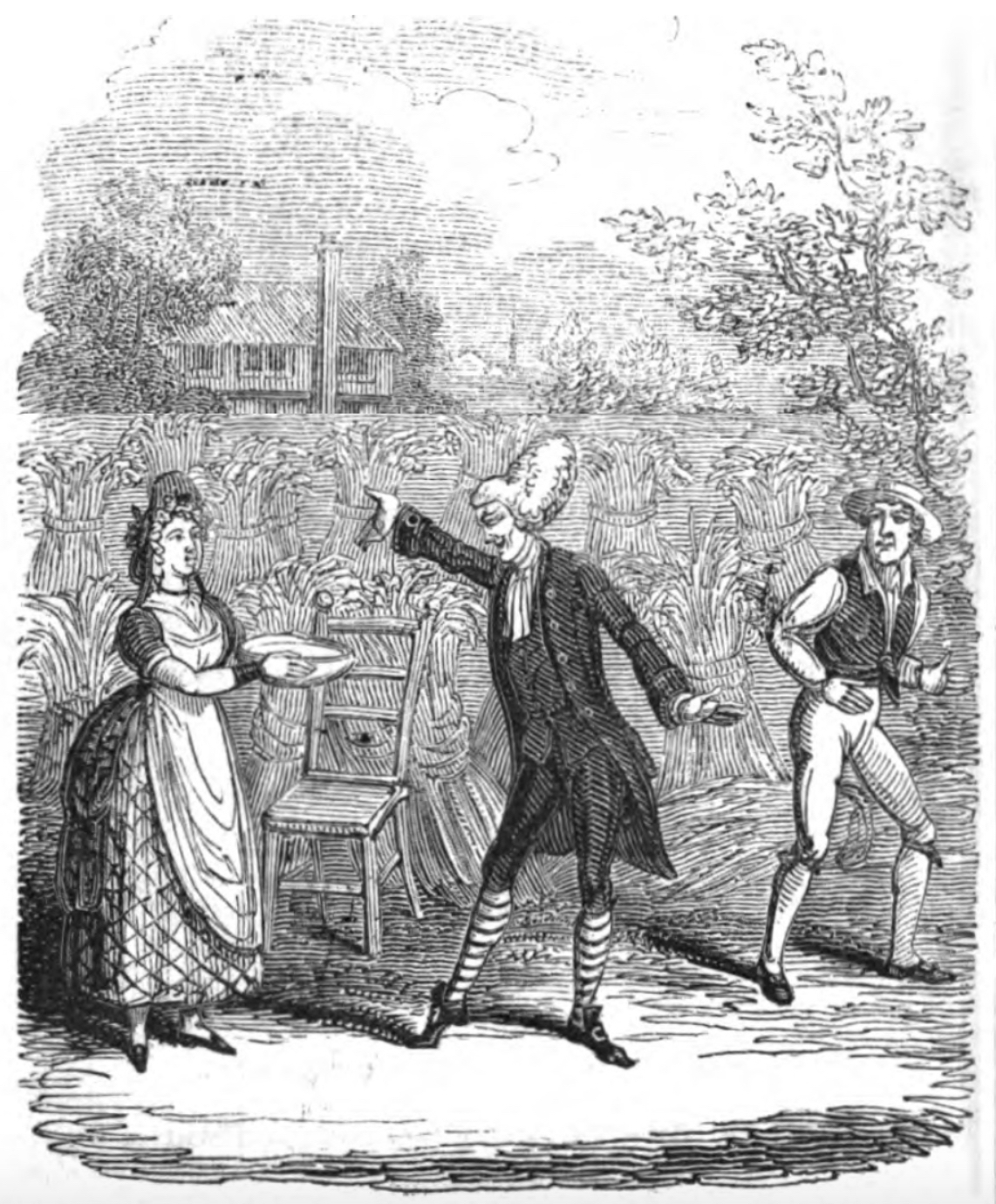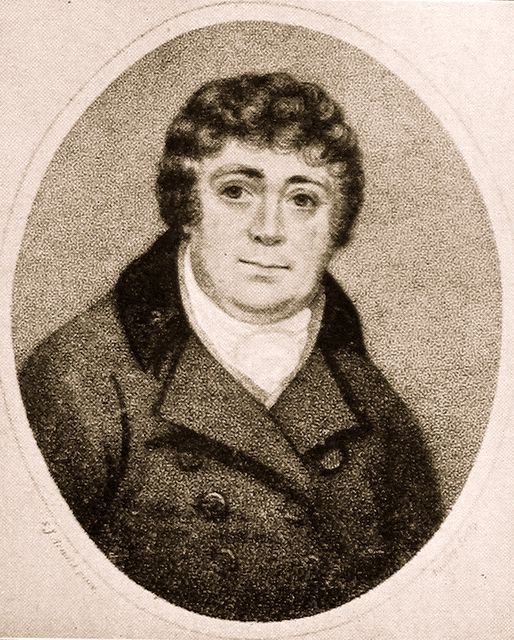|
The Agreeable Surprise
''The Agreeable Surprise'' is a 1781 comic opera in two acts, with music composed by Samuel Arnold (composer), Samuel Arnold and the libretto by John O'Keeffe (Irish writer), John O'Keeffe. It was first performed at the Theatre Royal, Haymarket (London), on 3 September 1781. It was one of the most performed comic operas in London in the last quarter of the 18th century. Plot Wealthy Sir Felix Friendly has a son, Eugene. His poor friend Compton has a daughter, Laura. The two fathers have contrived with each other to switch their children, so that Eugene has been raised without wealth by Compton, and Laura has been raised with wealth as Sir Felix’s adopted orphan. The two children are not aware of the truth of their parentage. Compton is a privateer, and is also financially supported by wealthy Sir Felix. Sir Felix thinks that this arrangement has benefitted Eugene and Laura: Eugene has learned modesty by growing up while imagining himself worthless, and he has avoided the f ... [...More Info...] [...Related Items...] OR: [Wikipedia] [Google] [Baidu] |
John O'Keeffe (writer)
John O'Keeffe (24 June 1747 – 4 February 1833) was an Irish actor and dramatist. He wrote a number of farces, amusing dramatic pieces and librettos for pasticcio operas, many of which had great success. Among these are '' Tony Lumpkin in Town'' (1778), ''Love in a Camp'' (1786), and ''Omai'' (1785), an account of the voyages of the Tahitian explorer Omai, and '' Wild Oats'' (1791). Early life O'Keeffe was born in Abbey Street, Dublin in 1747 to Roman Catholic parents and was educated by the Jesuits. His father was from King's County and his mother (née O'Connor) from County Wexford. After showing a talent for drawing he studied art at an academy in Dublin, but grew increasingly more interested in the theatre. After a two-year period in London, where he became an admirer of David Garrick, he settled on a career as an actor and playwright. O'Keeffe wrote his first play ''The She Gallant'' when he was twenty, and it was performed in Dublin at the Smock Alley Theatre. In Cork, in ... [...More Info...] [...Related Items...] OR: [Wikipedia] [Google] [Baidu] |
Haymarket Theatre
The Theatre Royal Haymarket (also known as Haymarket Theatre or the Little Theatre) is a West End theatre on Haymarket in the City of Westminster which dates back to 1720, making it the third-oldest London playhouse still in use. Samuel Foote acquired the lease in 1747, and in 1766 he gained a royal patent to play legitimate drama (meaning spoken drama, as opposed to opera, concerts or plays with music) in the summer months. The original building was a little further north in the same street. It has been at its current location since 1821, when it was redesigned by John Nash. It is a Grade I listed building, with a seating capacity of 888. The freehold of the theatre is owned by the Crown Estate. The Haymarket has been the site of a significant innovation in theatre. In 1873, it was the venue for the first scheduled matinée performance, establishing a custom soon followed in theatres everywhere. Its managers have included Benjamin Nottingham Webster, John Baldwin Buckstone, S ... [...More Info...] [...Related Items...] OR: [Wikipedia] [Google] [Baidu] |
Samuel Arnold (composer)
Samuel Arnold (10 August 1740 – 22 October 1802) was an English composer and organist. Arnold was born in London (his mother is said to have been Princess Amelia; his father was Thomas Arnold. He began writing music for the theatre in about the year 1764. A few years later, he became the director of music at Marylebone Gardens, for which he wrote much of his popular music. In 1777 he worked for George Colman the Elder at the Little Theatre, Haymarket. In 1783 he became organist at the Chapel Royal and in 1793 he became the organist at Westminster Abbey, where he was eventually buried. He also wrote the earliest version of Humpty Dumpty. He was a close friend and associate of Haydn. Works Arnold's best-known works include: *''The Maid of the Mill'' (1765) *''Abimelech'' (1768) *''The Prodigal Son'' (1773) *Incidental music for ''Macbeth'' (1778) *'' The Baron Kinkvervankotsdorsprakingatchdern'' (1781) *''The Castle of Andalusia'' (1782) *''Two to One'' (1784), libretto Geo ... [...More Info...] [...Related Items...] OR: [Wikipedia] [Google] [Baidu] |
John O'Keeffe (Irish Writer)
John O'Keeffe (24 June 1747 – 4 February 1833) was an Irish actor and dramatist. He wrote a number of farces, amusing dramatic pieces and librettos for pasticcio operas, many of which had great success. Among these are ''Tony Lumpkin in Town'' (1778), '' Love in a Camp'' (1786), and '' Omai'' (1785), an account of the voyages of the Tahitian explorer Omai, and ''Wild Oats (play), Wild Oats'' (1791). Early life O'Keeffe was born in Abbey Street, Dublin in 1747 to Roman Catholic parents and was educated by the Jesuits. His father was from County Offaly, King's County and his mother (née O'Connor) from County Wexford. After showing a talent for drawing he studied art at an academy in Dublin, but grew increasingly more interested in the theatre. After a two-year period in London, where he became an admirer of David Garrick, he settled on a career as an actor and playwright. O'Keeffe wrote his first play ''The She Gallant'' when he was twenty, and it was performed in Dublin at the ... [...More Info...] [...Related Items...] OR: [Wikipedia] [Google] [Baidu] |


